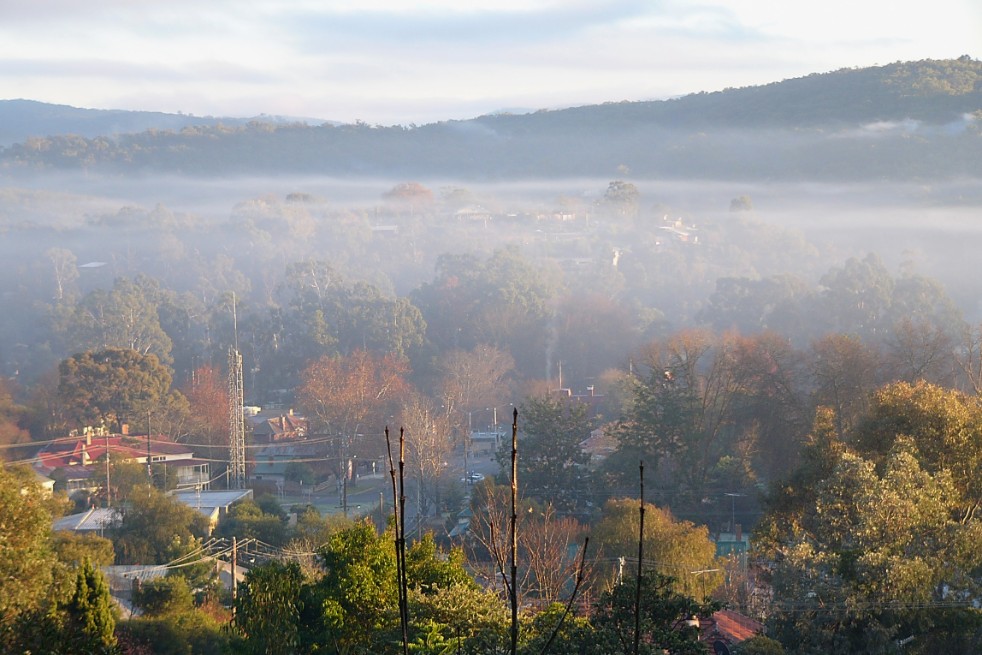
5th Sunday of Ordinary Time Year A
February 6, 2011
This is a presentation that would impress any campaign manager who knows the value of a good slogan. Or someone developing an educational program, but I can’t see Jesus saying these things at this point. They have the feel of something an editor would use to introduce a new section of the narrative. This is not to say they are not the words of Jesus; only that they have the flavour of literature rather than of teaching in the open air. A demagogue might get away with it as he shouted loudly at his minions, but that is not the stage set by the ‘beatitudes’.
These slogans create vibes at many levels. When I read them as a young candidate preparing to commit myself to the life of a disciple of Jesus (in a religious community around 1950) I was excited by their bold affirmation.
Salt is that most necessary condiment in cooking, so hard to come by in some parts of the world that whole economies exist on the mining and transport of salt. In hot weather when we sweat a lot, without enough salt we wilt. Sometimes we need to take salt tablets. Jesus says, You, my disciples, are the salt of the earth!
The second is even more compelling. You are the light of the world.
Don't forget to read the small print! Salt can lose its saltiness. I
wonder is this really true, chemically. But in the context, where people
knew about these things, there could have been some situation in which a
store of salt was good for nothing but building up the path - ‘to be
trampled underfoot’. The unwritten sub-clause is that if you lose your
saltiness and get chucked out, someone else will be found to take your
place, so don’t imagine that being chosen is a guarantee of anything.
But, in practice, HOW are you the light
for others? HOW am I a light for anyone else? This is a question for the
individual as well as for the community called 'church'. In fact, first
for each and every person, and again first, it must be in the order of
knowledge. If some understanding has been given to me I am to share it,
as well as live by it.
Some commentators say that the beatitudes and even the whole sermon on the mount were for the disciples and not for the people at large. “The beatitudes are not addressed to all people indiscriminately, but to the disciples, to those who have left all to follow Jesus.” (See Reginald H Fuller, Center for Liturgy at Saint Louis University, http://liturgy.slu.edu/4OrdA013011/theword_indepth.html)
This is an issue that has been canvassed at length lately in the
question why has meditation not been taught in the church. Clearly any
teacher knows that lessons have to be graded according to the age and
capacity of the students, but it seems to me that in Christ all are
called to contemplate the living depth of the mystery, and should be taught/illuminated accordingly.
What we must remember is that there are
many ways of experiencing the contemplative life. The fisherman sitting
quietly in his boat on a tranquil sea at dawn will perceive the mystery
without the need for scholarship or ritual practices, as will the busy
parent caring for the little ones, the commuter locked in morning
traffic, or the truckie on the open road.
Leaders
of the christian people have as their first duty to provide the light
of education and even illumination for the minds and hearts of the
people. To lock up knowledge, or even some parts of the body of
knowledge that is the heritage of the community, is surely among the
greatest of crimes.
If
you would like to join a discussion on the above, you will
find one on the website 'Catholica': www.catholica.com.au/forum/index.php?id=66550